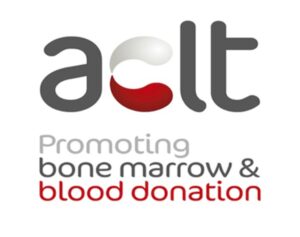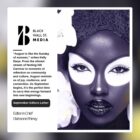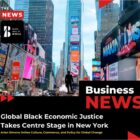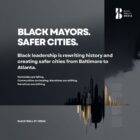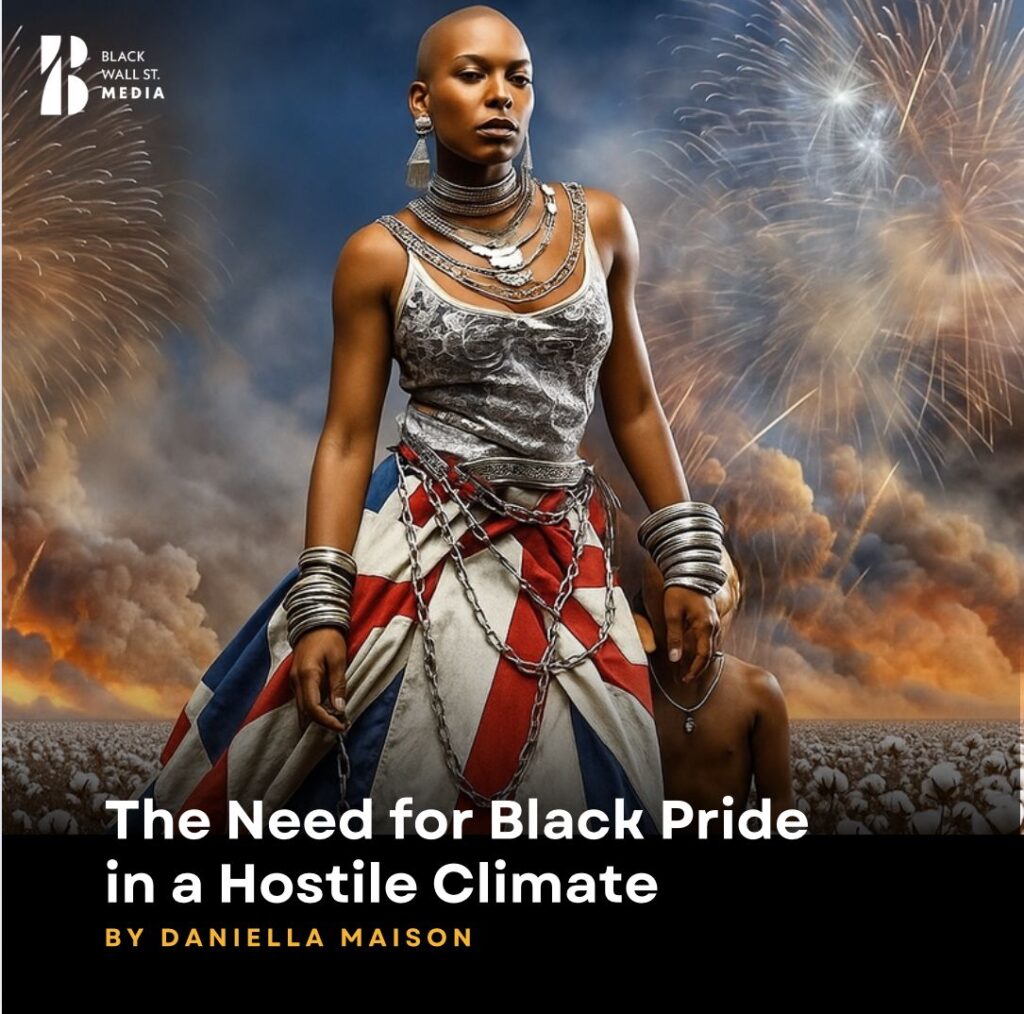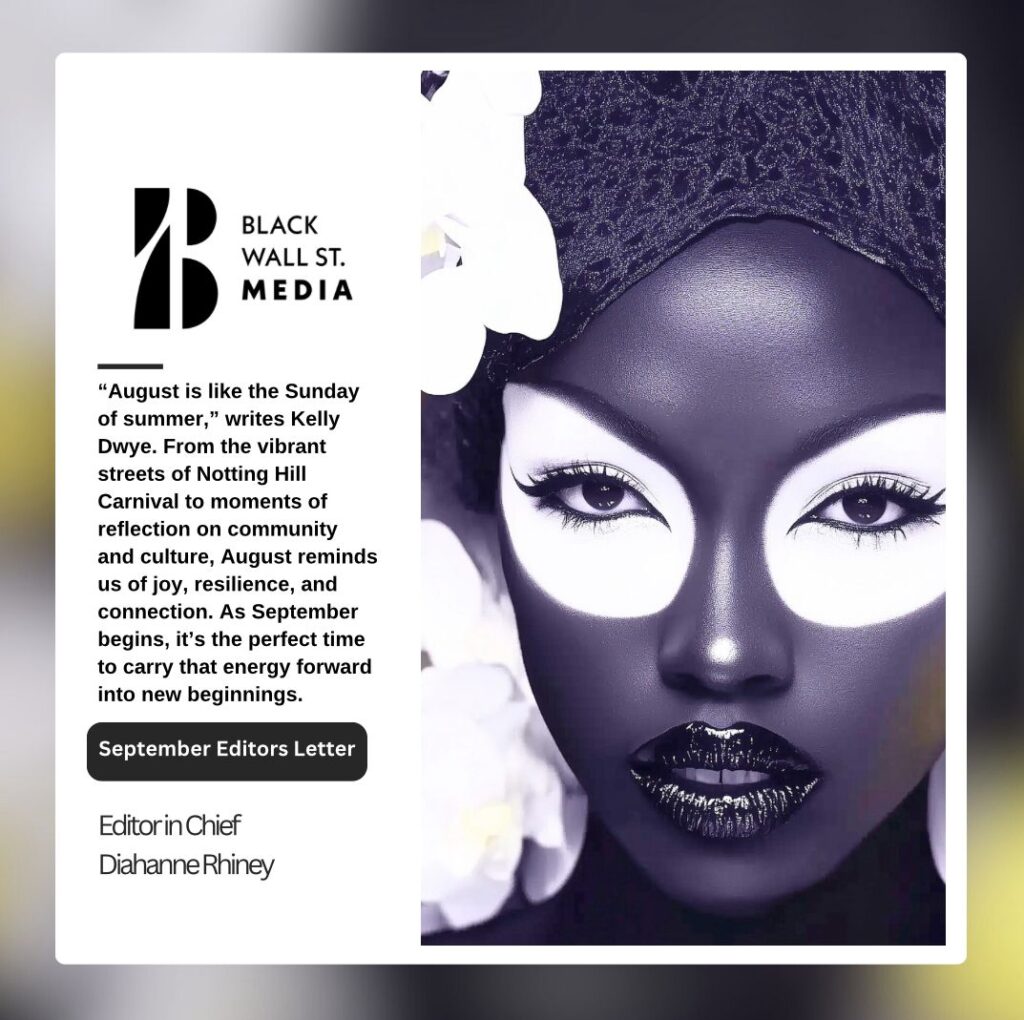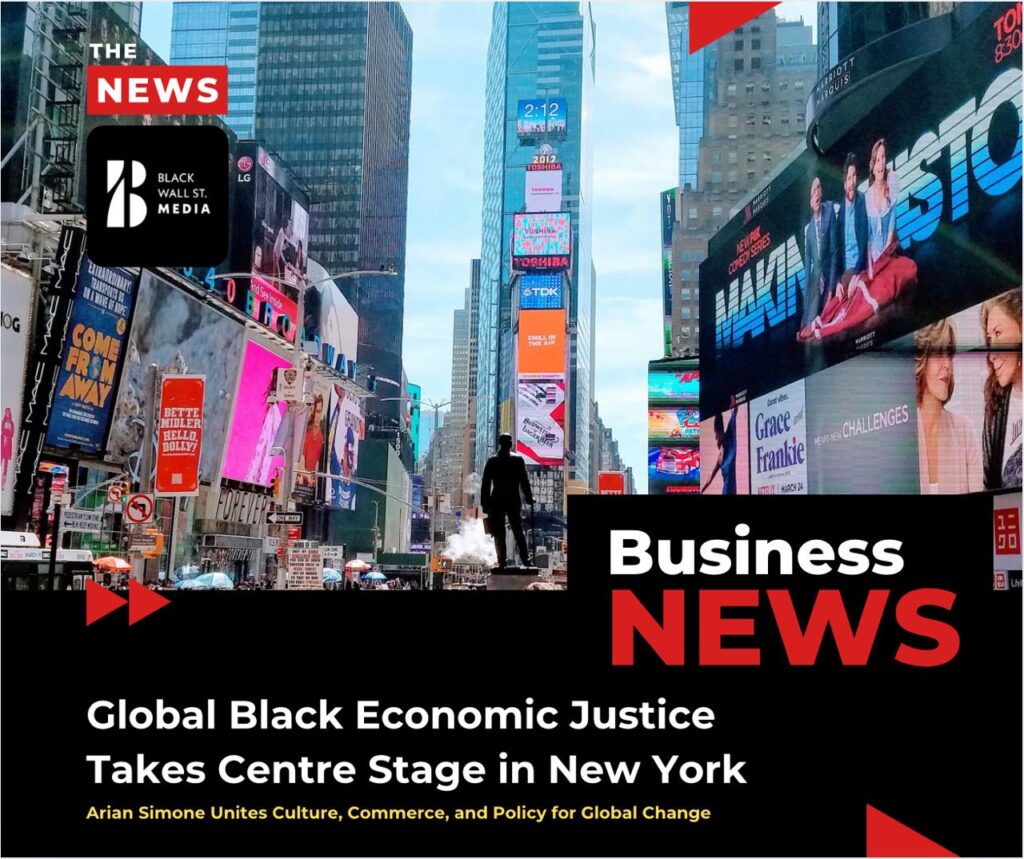JUNE 23 / EDITORS EDITION
Summer Reflections
“"Amidst the scorching summer heat, Black Wall St Media takes us on a captivating journey, celebrating the Windrush generation, shedding light on critical health insights, and applauding the rise of black entrepreneurship. From honoring heritage to addressing hidden traumas, this article encapsulates the essence of our diverse community and inspires us towards a future of empowerment and prosperity."”
Dr Diahanne RhineyChief - in - Editor

Summer Reflections: Celebrating Windrush, Health Insights, and Entrepreneurship
Welcome to one of my favourite editions of the year when we get the chance to go all-out summer crazy.
This is the time we look back at fondly when the sun vanished in a blink of an eye.
June was a glorious month, beautiful weather and Black Wall St Media did not disappoint with coverage on an array of topics affecting the diaspora.
As a grandchild of the wind-rush generation, I was thrilled to see London Transport’s 75th Anniversary Windrush Celebration Event held at the prestigious London Transport Museum in England.
As we reported, it was a ‘momentous occasion that paid tribute to the remarkable contributions of the Windrush generation in the reconstruction of Britain after World War 2.’
It’s about time the Windrush generation were acknowledged by the wider community.
This event was so significant as it recognised and honoured the impact made by these individuals on British society and that’s exactly what we needed.

Melissa Noel interviews 11-year-old Te-John Bailey in Kingston, Jamaica about the impact of mgiration on his classmates. (Photo via Melissa Noel)
On the topic of the Caribbean, Black Wall St Media featured an article by CHJ Fellow Melissa Noel on an issue that most of us from the Caribbean will have some exposure to in one way or another.
Barrel children are the children left behind in the care of relatives or friends when parents migrate to other countries for work.
They receive material goods via shipping barrels as well as money, but they often lack emotional nurturing from their parents.
Journalist Nadine White’s documentary examines the trauma suffered by the Windrush generation has been crucial in highlighting this issue which has had long lasting impacts on our community.
So many of us grew up seeing our elders fill barrels and there is such a high incidence of diaspora in Britain who grow up never meeting their siblings who stayed in the Caribbean.
Little to no attention has been paid to the lasting mental health consequences these experiences had.

Genocide Survivor’s Gift: Kidney Transplant Story
One of the most sobering and touching pieces of the month was about a Genocide survivor who donated her kidney.
When Damas Gisimba suffered kidney failure in 2021, Hyacinthe Uwimana, one of the young women whom he had taken in and cared for after the 1994 Genocide against the Tutsi, donated a kidney to him.
I recommend this as a tale of love, and compassion.
There was a lot to be said on the topic of health this month.
I sat down on the 9th of June, for my 16th episode of Tea and A Chat, with the amazing Anne Welsh.
The discussion about pain-less, living with sickle cell. With the disease effecting over 15,000 people in England alone I felt it was time for an open and honest talk about the realities and how much hope there is for people with the disease.
Anne Welsh is an internationally recognised author, entrepreneur, and philanthropist.
Diagnosed with Sickle Cell anaemia at the age of three, Anne faced many of the problems that came with living with a life-threatening disease in a developing country.
I felt thoroughly inspired by her journey and perspective.
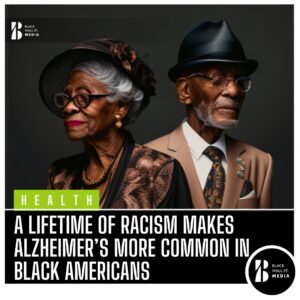
Racism links to Alzheimer’s
Black Wall St Media also offered a fascinating health focused piece with ‘Surviving the Odds: Ethnicity’s Impact on Brain Tumour Survival Rates Explored’.
An article that really had me thinking was A Lifetime of Racism Makes Alzheimer’s More Common in Black Americans” by Kat Stafford.
I have spent so much of my career campaigning for equity and equality and the consequences that racism and it’s micro and macro aggressions have on our health.
However, to think of a lifetime of racism as a direct contributor to Alzheimer’s was truly eye opening. Described as ‘the insidious impact of a life experiencing racism’, I was impacted by Dr Carl V. Hill, chief diversity, equity, and inclusion officer of the Alzheimer’s Association’s comment: ‘Racism is trauma that can lead to increased stress, which can in turn cause health problems like inflammation, which is a risk factor for cognitive decline.’
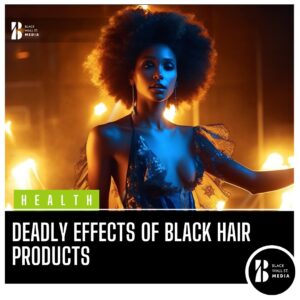
BWSM
Equally as insightful was an insight into the hazardous chemicals present in black hair care products.
As the article states, ‘For black women, hair care is not only a matter of style but also a reflection of cultural heritage and self-expression.’
It wasn’t surprising to me to learn about the toxins hidden behind the ‘glossy packaging and enticing promises of beauty’ but it was concerning to me that these companies are getting away with selling such hazardous products.
On a positive note, and as an entrepreneur myself I clapped when I read about the rise in black entrepreneurship In recent years, especially despite COVID-19.
The rise of Black investment groups, venture capital firms, and individual investors has been nothing short of remarkable.
Long may it continue.
Well, as I get back to organising my summer plans, I look forward to yet another hot and fruitful month at Black Wall St Media and I wish you our valued readers, good health, and good times. July, here we come!
“Positive Stories and Inspirations from BWSM”
Dr Diahanne RhineyChief - in - Editor




